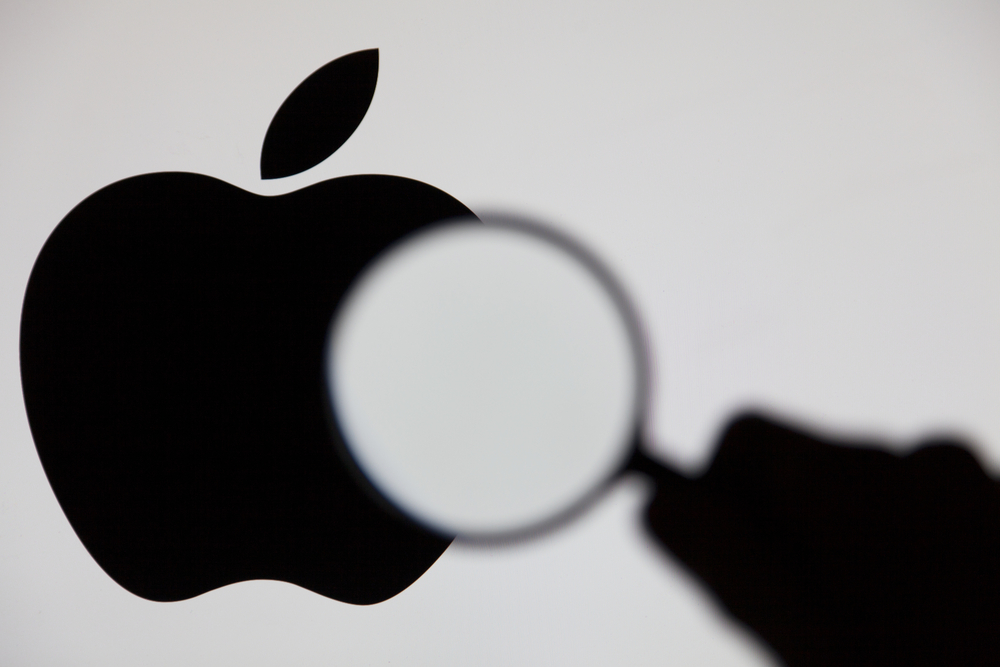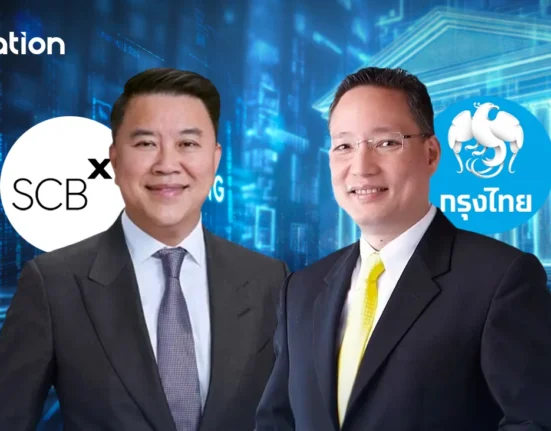“[I]nternal Apple documents show[] a clearly articulated plan for ‘Reshaping [Fair Reasonable and Non-Discriminatory]’ licensing obligations imposed by standard setting organizations.”
 Consumer device giant Apple has earned trillions of dollars and cornered near monopoly levels of market share by implementing a corporate strategy focused on gaming proceedings in the federal judiciary and administrative agencies with the intent to devalue patent rights. That is the major takeaway from a recently launched campaign raising awareness into the alleged growing chokehold that Apple has gained over the global innovation industry over the past two decades, and the resulting stagnation in the cellular mobile communications ecosystem.
Consumer device giant Apple has earned trillions of dollars and cornered near monopoly levels of market share by implementing a corporate strategy focused on gaming proceedings in the federal judiciary and administrative agencies with the intent to devalue patent rights. That is the major takeaway from a recently launched campaign raising awareness into the alleged growing chokehold that Apple has gained over the global innovation industry over the past two decades, and the resulting stagnation in the cellular mobile communications ecosystem.
Several Case Studies Outline Apple’s Strategy to Delay Royalties Through Litigation
The awareness campaign, driven by intellectual property holding company PanOptis, which has been embroiled in litigation with Apple for several years, highlights Apple’s reliance on devaluing IP, especially standard essential patent (SEP) rights in the telecommunications sector, to support trillions of dollars in iPhone sales. This campaign underscores that Apple’s patent devaluation strategies hurts many mobile technology developers who, despite being smaller in size, still invest tens of billions of dollars each year in cellular-related innovation.
Supporting the claims made by the iProtectInnovation campaign are a series of case studies based on several cases in U.S. and foreign courts, some of which are still ongoing, that feature aspects of Apple’s patent devaluation strategy. Lawsuits brought by mobile tech developers Ericsson and Masimo demonstrate Apple’s willingness to enter into litigation rather than pay patent royalties, especially given the stark increases in royalty rates Apple has agreed to in settlements ending at least its case against Ericsson. Legal actions taken by the European Commission and U.S. Department of Justice provide examples not only of Apple’s antitrust violations in both streaming media and mobile tech sectors, but also Apple’s more conciliatory nature with the EU in relation to the company’s unwillingness to observe U.S. patent rights.
The most significant of these case studies is the multijurisdictional patent infringement and regulatory battle that played out between Apple and major mobile chip developer Qualcomm between 2017 and 2019, culminating in a six-year global license between the companies. Evidence entered into related proceedings involving the Federal Trade Commission clarified the existence of Apple’s corporate patent devaluation strategy to manipulate the entire patent licensing market.
Apple’s Predatory Infringement Model Coming Under Closer Scrutiny
In particular, iProtectInnovation cites one slide from internal Apple documents showing a clearly articulated plan for “Reshaping [Fair Reasonable and Non-Discriminatory]” licensing obligations imposed by standard setting organizations. By holding out for SEP royalties that are derived from the smallest priceable component at rates no higher than adjusted pro-rata shares of SEPs, Apple aimed to “build favorable, arms-length ‘comp’ licenses” that prevented SEP owners and others from properly commercializing their mobile tech inventions, leaving Apple free to reap massive revenues from the sale of iPhones and other devices implementing those technologies.
PanOptis, which has successfully licensed its telecommunications SEPs with major global smartphone makers including Samsung and Lenovo, is currently appealing rulings handed down last February by the UK’s High Court of Justice. PanOptis is arguing that, in arriving at a $63.7 million total for a FRAND licensing rate to PanOptis’ SEP portfolio, the UK court employed flawed methodologies, creating errors compounded by Apple’s evidence on comparable licenses that reinforced its corporate blueprint for royalty holdout in those proceedings. A hearing is set to begin in that litigation on February 25 and will include five full days of briefing, which will be live streamed.
The awareness campaign into Apple’s anti-innovation corporate policies comes the same month that the European Commission elected to scrap draft regulations that would have created significant impacts to the EU licensing market for SEPs, regulations that were heavily supported by standards implementers like Apple. Efficient infringement models employed by Apple and other Big Tech stalwarts have also been in greater focus, with IPWatchdog President & CEO Gene Quinn hosting a webinar in early January with other IP experts talking about issues of unwilling licensees in the SEP and FRAND context.
Image Source: Deposit Photos
Author: InkDropCreative
Image ID: 294948498








